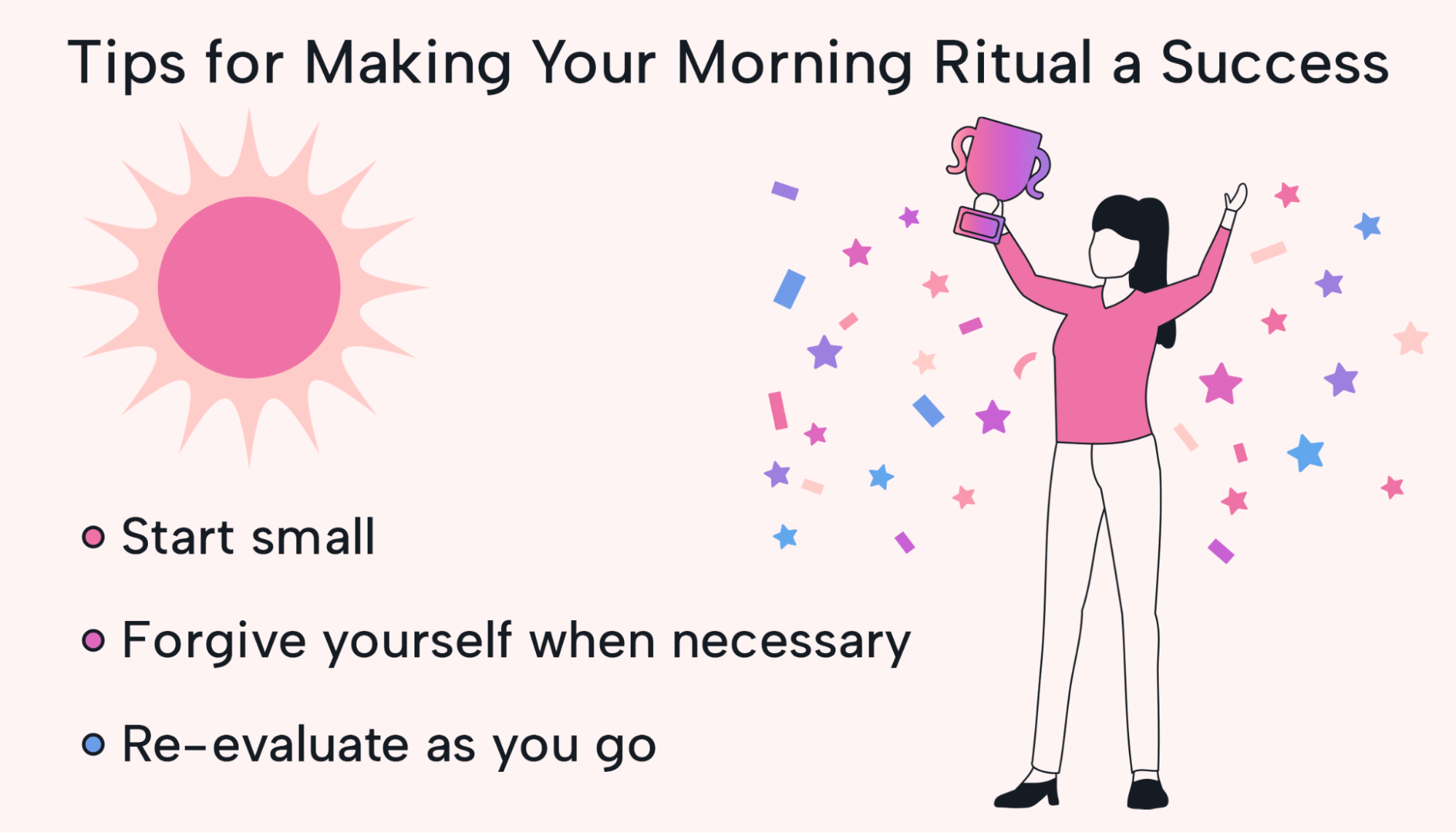7 Buddhist Lessons for Restoring Your Mind, Body, and Spirit
The age-old wisdom of Buddhism offers valuable insights that can help you regain mental, physical, and spiritual balance in a society overrun by stress, worry, and alienation. These ageless lessons are universal principles that anybody may use to attain inner peace, clarity, and overall well-being; they are not exclusive to any one faith.

These 7 Buddhist Lessons for Restoring Your Mind, Body, and Spirit can help you find peace again in your life.
1. Mindfulness’s Power (Sati)
The discipline of mindfulness, or being totally present in the moment without passing judgment, is central to Buddhism. You may learn to slow down, pay attention to your thoughts, and re-establish a connection with your senses by practicing mindfulness.
How It Restores:
Mind: Lessens overanalyzing and anxiousness.
Body: Enhances digestion and reduces blood pressure.
Spirit: Offers acceptance and tranquility.
For example, the well-known Buddhist monk Thich Nhat Hanh stresses the importance of mindful breathing in raising awareness of the present. Even a minute of breathing exercises can help reduce stress and promote clarity.
Try this: Eat mindfully by chewing carefully, enjoying every bite, and giving your whole attention to the meal.
2. Impermanence (Anicca)
Buddhism emphasizes that everything, including relationships, circumstances, emotions, and even life itself, is transient. This idea of impermanence pushes you to accept change and let go of attachment.
How It Restores:
Mind: Aids in letting go of unpleasant feelings like fear and rage.
Body: Promotes healing by easing tension brought on by stress.
Spirit: Encourages resiliency and acceptance.
For example, consider a flower that blossoms exquisitely, then fades and withers. We can better appreciate the present and deal with life’s setbacks when we comprehend this natural cycle.
Try This: Tell yourself, “This too shall pass,” when you are in a challenging situation.
3. Compassion (Karuna)
A fundamental component of Buddhist philosophy is compassion. It entails being nice to yourself as well as to other people. Empathy, forgiveness, and unconditional love are all part of it.
How It Restores:
Mind: Reduces self-criticism, remorse, and humiliation.
Body: Lowers stress hormones and boosts the immune system.
Spirit: Strengthens your bond with people.
For example, the Dalai Lama advises practicing compassion if you wish to see people happy. Be compassionate if you want to be happy.
Try This: Do one random act of kindness, no matter how tiny, today.
4. Letting Go of Attachments (Upādāna)
According to Buddha, suffering stems from attachment. Holding on too tightly causes agony, whether it be for people, things, or results.
How It Restores:
Mind: Releases you from compulsive thought patterns.
Body: Lessens the bodily signs and symptoms of stress.
Spirit: Promotes tranquility and inner independence.
For example, someone who is preoccupied with achieving professional success may neglect their relationships and health. Letting go is not clutching, nor giving up.
Try This: Try a minimalist challenge, letting rid of one tangible thing or limiting mindset every day.
5. The Middle Way (Majjhima Patipada).
The Middle Way is a path of equilibrium, avoiding extremes of self-indulgence and self-denial. It encourages moderation in all areas of life.
How It Restores:
Mind: Enhances mental clarity and emotional balance.
Body: Promotes healthy behaviors and life balance.
Spirit: Supports spiritual growth without extremism.
For example, rather than rigid dieting or overeating, the Middle Way promotes thoughtful, balanced eating that supports your body and respects your needs.
Try This: Check in with your emotions and behaviors to see if you’re in balance or swinging between extremes.
6. Right Speech (Sammā Vācā)
Right Speech, one of the Noble Eightfold Path’s principles, instructs us to speak accurately, compassionately, and productively. Words may heal or damage, so we must use them properly.
How It Restores:
Mind: Promotes good communication and lowers conflict.
Body: Relieves tension induced by guilt or disputes.
Spirit: Promotes integrity and deeper relationships.
For example, avoid gossip, harsh criticism, and falsehoods. Instead, express words of encouragement and guidance.
Try This: Before speaking, inquire: Is this true? Is this necessary? Is it kind?
7. Meditation (Bhāvana)
Meditation is a direct way to relax the mind and restore inner balance. It helps you to disconnect from mental distractions and reconnect with your genuine self.
How It Restores:
Mind: Reduces anxiety, sadness, and excessive thinking.
Body: Improves sleep, decreases blood pressure, and increases concentration.
Spirit: Promotes greater awareness and enlightenment.
For example, Buddha obtained enlightenment via intense meditation under the Bodhi tree. A steady 10-minute exercise may improve your inner world without requiring hours of effort.
Try This: Begin with a guided meditation on YouTube or an app like Headspace.
Buddhism gives useful tools for everyday life in addition to spiritual knowledge. You may meaningfully and holistically heal your mind, body, and soul by adopting these seven teachings. These lessons will lead you to a more profound and satisfying life, regardless of your goals—whether they be healing, purpose, or serenity.
Keep in mind: You don’t have to visit a monastery or be a monk. Start where you are, with compassion, awareness, and an openness to change.




